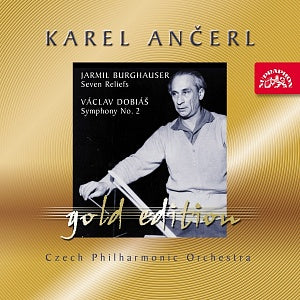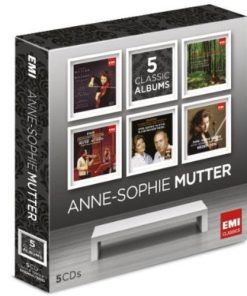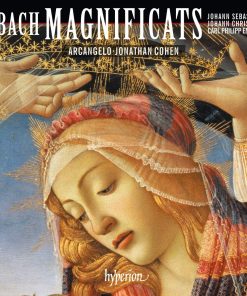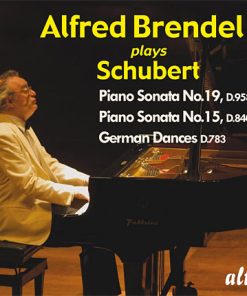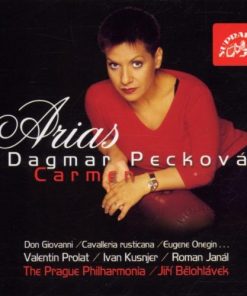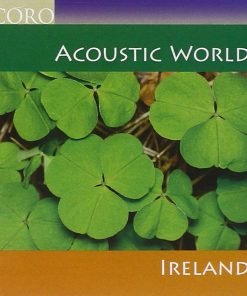Burghauser: Seven Reliefs; Dobiáš: Symphony No. 2 (Karel Ancerl Gold Edt. 40) – Karel Ancerl, Czech Philharmonic Orchestra SUPRAPHON
$ 3,99 $ 2,39

This seventh group of six titles, which completes the planned scope of the Ančerl Gold series, consists chiefly of two types of compositions, namely the instrumental concerto and the symphony. The earlier Mozart recordings preserve the admirably masterly achievements of soloists who are largely forgotten today, although Halina Czerny-Stefanska was one of the crown jewels of the postwar Polish piano school. The Pauer bassoon concerto will be a pleasant surprise for many listeners; this Czech composer wrote with remarkable sensitivity for woodwind instruments, and as this recording reveals, his works were decidedly not the sort of modern music which is premiered and then instantly forgotten. Listeners less familiar with Czech music will certainly enjoy discovering Iša Krejči’s playful, musical neoclassicism as well as the noble contemplations of Jan Hanuš. Karel Ančerl’s boldness and musical insight were truly admirable: he succeeded with the vast majority of the new music repertoire which he brought to the studio. Of the “tried and true” gems with which Ančerl felt a strong artistic bond, three principal works by Dmitri Shostakovitch are especially noteworthy, including Miloš Sádlo’s remarkable performance of the violincello concerto in E-flat major, which was one of the last recordings that Ančerl made before leaving Europe.

Jarmil Burghauser
Seven Reliefs for Large Orchestra
1. Allegro impetuoso 02:26
2. L’istesso tempo 02:43
3. Moderato mosso 02:08
4. Andante sostenuto 02:31
5. Tempestoso 01:34
6. Lento cantabile 02:25
7. Solenne 03:01
Václav Dobiáš
Symphony No. 2
8. Moderato. Allegro 15:30
9. Presto 09:22
10. Adagio 12:23
11. Allegro con fuoco 13:42
Fast Shipping and Professional Packing
Due to our longstanding partnership with UPS FedEx DHL and other leading international carriers, we are able to provide a range of shipping options. Our warehouse staff are highly trained to pack your goods exactly according to the specifications that we supply. Your goods will undergo a thorough examination and will be safely packaged prior to being sent out. Everyday we deliver hundreds of packages to our customers from all over the world. This is an indication of our dedication to being the largest online retailer worldwide. Warehouses and distribution centers can be located in Europe as well as the USA.
Orders with more than 1 item are assigned processing periods for each item.
Before shipment, all ordered products will be thoroughly inspected. Today, most orders will be shipped within 48 hours. The estimated delivery time is between 3-7 days.
Returns
The stock is constantly changing. It's not entirely managed by us since we are involved with multiple parties such as the factory and our storage. The actual stock can fluctuate at any time. Please understand it may happen that your order will be out of stock when the order is placed.
Our policy is valid for 30 days. If you haven't received your product within 30 days, we're not able to issue either a return or exchange.
You are able to return a product if it is unused and in the same condition when you received it. It must also still remain in the original packaging.
Related products
MUSIC CD
MUSIC CD
MUSIC CD
MUSIC CD
